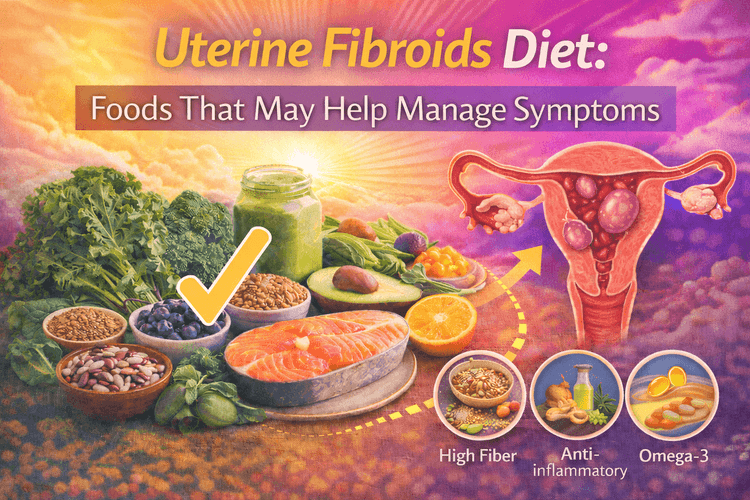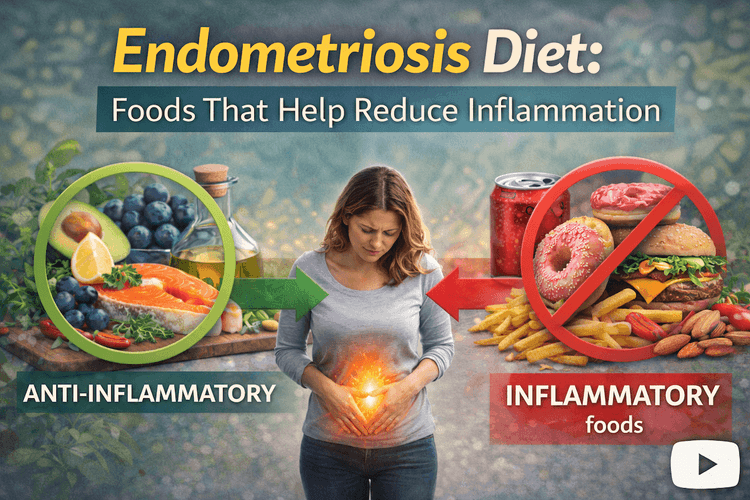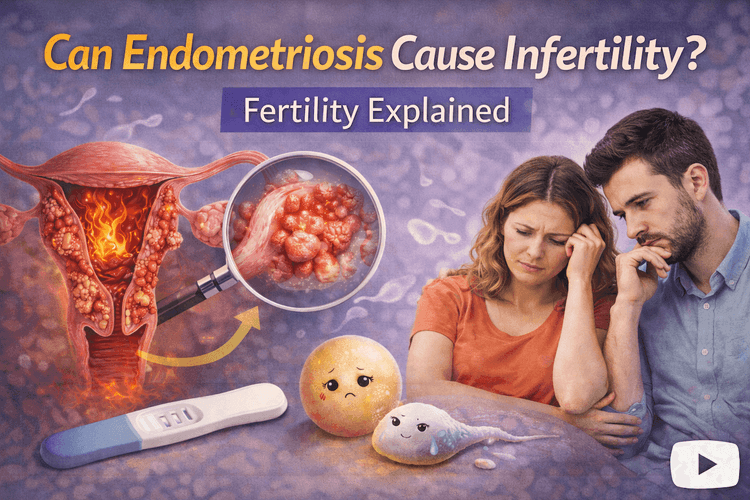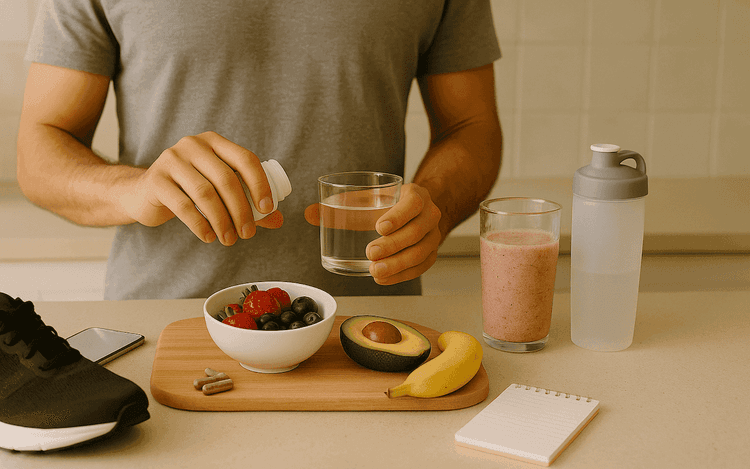Which form of CoQ10 is better for fertility: Ubiquinol or Ubiquinone?

Aisling Fourie
Article
6 min

CoQ10: Ubiquinol or Ubiquinone? Learn the key differences, benefits, and which form is best for fertility and overall reproductive health.
When it comes to fertility, the quality of both eggs and sperm plays a crucial role in conception. Many of us seeking to improve reproductive health turn to supplements like Coenzyme Q10 (CoQ10) for its potential benefits. But with two different forms of CoQ10 available—ubiquinol and ubiquinone—how do you know which one is best for your fertility journey? This article explores the differences between ubiquinol and ubiquinone, how they support fertility, and which form might be the most beneficial depending on your needs.
Understanding CoQ10 and its role in fertility
Coenzyme Q10 (CoQ10) is a powerful antioxidant and a key component in cellular energy production. It plays a vital role in reproductive health, particularly in egg and sperm quality. As women age, natural CoQ10 levels decline, making supplementation an important consideration for those trying to conceive.
When it comes to supplementation, there are two forms of CoQ10: ubiquinol and ubiquinone. Understanding the difference between them can help you make an informed choice about the best CoQ10 supplement for fertility.
Ubiquinol vs CoQ10: what’s the difference?
The terms "CoQ10" and "ubiquinol" are often used interchangeably, but they refer to different forms of the same nutrient:
- Ubiquinone is the oxidised form of CoQ10. Once consumed, the body must convert it into ubiquinol before it can be used effectively.
- Ubiquinol is the reduced, active form of CoQ10 that the body can use immediately. It is more bioavailable, meaning it is absorbed more efficiently into the bloodstream.
Research suggests that ubiquinol may be the better option for fertility, particularly for women over 35, since it is more easily utilised by the body, as indicated in a 2018 study on PubMed.
How does CoQ10 support egg and sperm quality?
As women age, their eggs experience oxidative stress, leading to reduced quality and viability. CoQ10 acts as a powerful antioxidant, protecting eggs from damage and supporting mitochondrial function, which is crucial for energy production in developing embryos.
For men, CoQ10 is equally beneficial, as it can improve sperm motility, count, and reduce DNA fragmentation, as highlighted in a study published on PubMed.
Ubiquinol vs CoQ10: which is better for fertility?
When it comes to fertility, choosing the right form of CoQ10—ubiquinol or ubiquinone—can significantly impact reproductive health. Both forms play an essential role in supporting egg and sperm quality, but there are several key factors to consider when deciding which one is best for you.
1. Bioavailability and absorption
Ubiquinol is up to 70% more bioavailable than ubiquinone, meaning that it is absorbed and utilised more efficiently by the body. This is important because CoQ10's role in fertility is directly linked to its ability to reach and function within the cells, particularly those in the reproductive system. Since ubiquinol doesn’t require conversion by the body, it’s immediately available to support mitochondrial function, energy production, and protect eggs and sperm from oxidative damage.
Because of this enhanced absorption, a smaller dose of ubiquinol can provide the same benefits as a larger dose of ubiquinone. This means you may not need to take as much ubiquinol to experience the same fertility benefits, potentially making it a more efficient choice. Research has supported this notion, showing that higher bioavailability leads to greater effectiveness in improving egg quality, especially in women undergoing fertility treatments like IVF, as seen in a study published on PubMed.
This increased bioavailability also translates into faster results, which can be especially crucial for those seeking to optimise their fertility quickly. So, if you're looking to support egg and sperm health in the most efficient way possible, ubiquinol may be the preferable option.
2. Age factor
As women age, natural CoQ10 production declines, especially after the age of 35. This decline affects the body’s ability to convert ubiquinone into its active form, ubiquinol. In fact, studies show that older women may struggle to convert enough ubiquinone to meet their reproductive needs, which can compromise egg quality and overall fertility.
Ubiquinol, being the active form of CoQ10, is more readily absorbed and utilised, making it an ideal choice for those over 35. The direct availability of ubiquinol may be especially beneficial for women struggling with age-related fertility issues, including diminished ovarian reserve and poor egg quality. As the conversion process becomes less efficient with age, women over 35 may find that taking ubiquinol yields better results compared to ubiquinone, which requires extra metabolic steps to activate.
Additionally, for women undergoing assisted reproductive technologies (ART) like IVF, improving mitochondrial function and egg quality is crucial. Ubiquinol can offer more immediate benefits because of its enhanced bioavailability, supporting energy production and improving the chances of a successful fertilisation and implantation.
3. Cost considerations
Ubiquinol generally comes at a higher price point compared to ubiquinone. It’s often up to twice as expensive, which may make some individuals hesitant about opting for it. However, this higher cost might be justified, particularly for women over 35 or those with fertility concerns. Since the body absorbs and uses ubiquinol more efficiently, you may not need to take as large a dose, meaning the actual cost per dose can end up being comparable or even more cost-effective in the long run.
Additionally, considering the potential for better outcomes with ubiquinol—especially for those with age-related fertility issues—the higher upfront cost may be well worth it for improving the chances of conception. Fertility treatments can be expensive, and investing in a supplement that optimises your egg or sperm quality could potentially reduce the need for additional medical interventions down the line.
For younger women or those without specific fertility issues, ubiquinone may be a more affordable option. However, for individuals with reduced fertility, it may be wise to consider the superior efficacy of ubiquinol, even at a higher cost, to maximise the chances of conception.
How much CoQ10 should you take for fertility?
Studies suggest that a daily dose of 200–600 mg of CoQ10 can improve egg quality and ovarian response, particularly in women undergoing IVF, as shown in a 2018 study from PubMed. If taking ubiquinone, a higher dose may be required due to its lower bioavailability.
When to stop taking CoQ10 for fertility
It is generally recommended to continue taking CoQ10 until pregnancy is confirmed. Some fertility specialists suggest stopping after the first trimester, while others recommend continuing throughout pregnancy for its antioxidant benefits. Always consult your fertility specialist or nutritionist for personalised advice.
Ubiquinol or ubiquinone: what’s best for fertility success?
Both forms of CoQ10 support fertility, but ubiquinol is the superior choice for women over 35 or those with reduced egg quality. While it is more expensive, its increased bioavailability means your body can use it more effectively, making it a worthwhile investment in your fertility journey.
If you're considering a CoQ10 supplement for fertility, consult a fertility specialist or nutritionist to determine the best dosage and form for your needs.



















